Fluctuating Flows
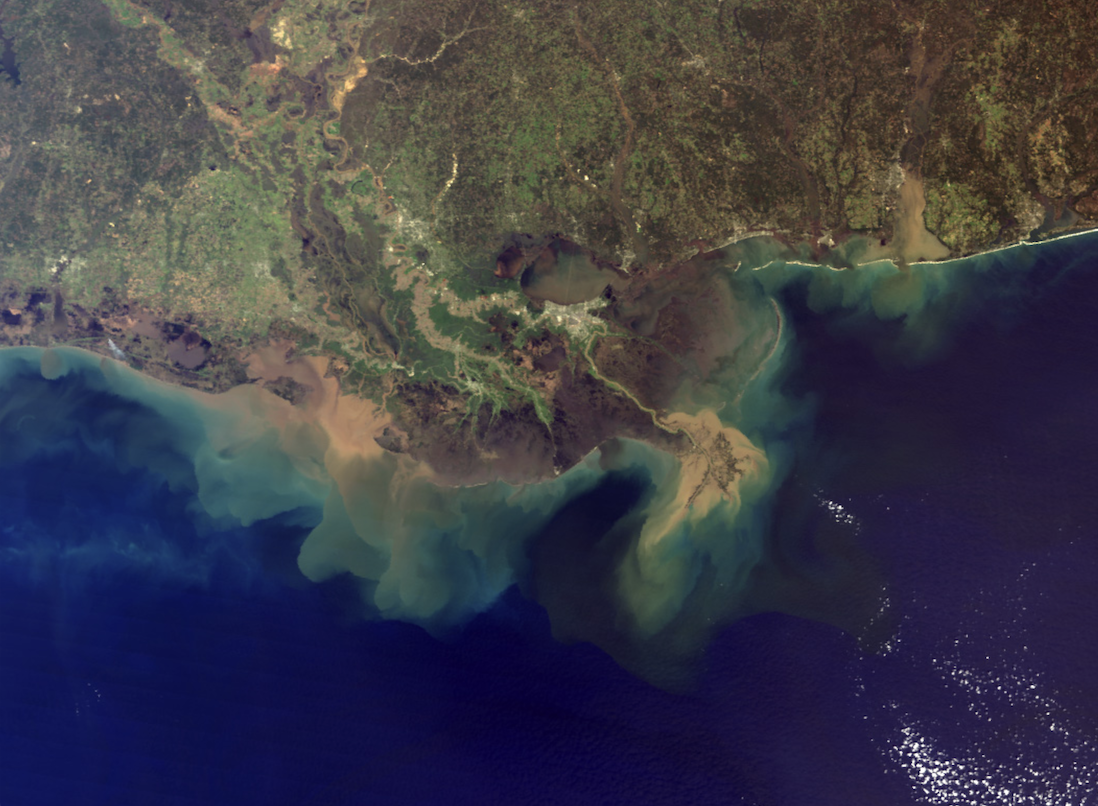 Research using MITgcm explores the impact of including nonseasonal river discharge in a global ocean model.
Research using MITgcm explores the impact of including nonseasonal river discharge in a global ocean model.
2021 Research Roundup
 Happy 2022: Another new year, another new research roundup! Best wishes as always to MITgcmers past, MITgcmers present and MITgcmers yet to come…
Happy 2022: Another new year, another new research roundup! Best wishes as always to MITgcmers past, MITgcmers present and MITgcmers yet to come…
An Ocean of Plastic
 Using their hybrid MITgcm-plastic model a Chinese-US collaboration explores the fate of the excess trash generated by COVID.
Using their hybrid MITgcm-plastic model a Chinese-US collaboration explores the fate of the excess trash generated by COVID.
MITgcm goes to EPSC2021
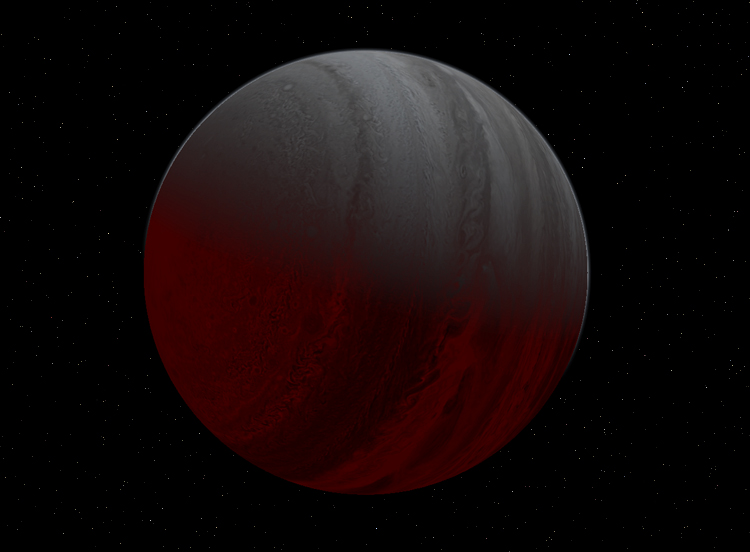 Three groups using MITgcm shared their Hot Jupiter research at this year’s European Planetary Science Congress.
Three groups using MITgcm shared their Hot Jupiter research at this year’s European Planetary Science Congress.
Under Sea Riches
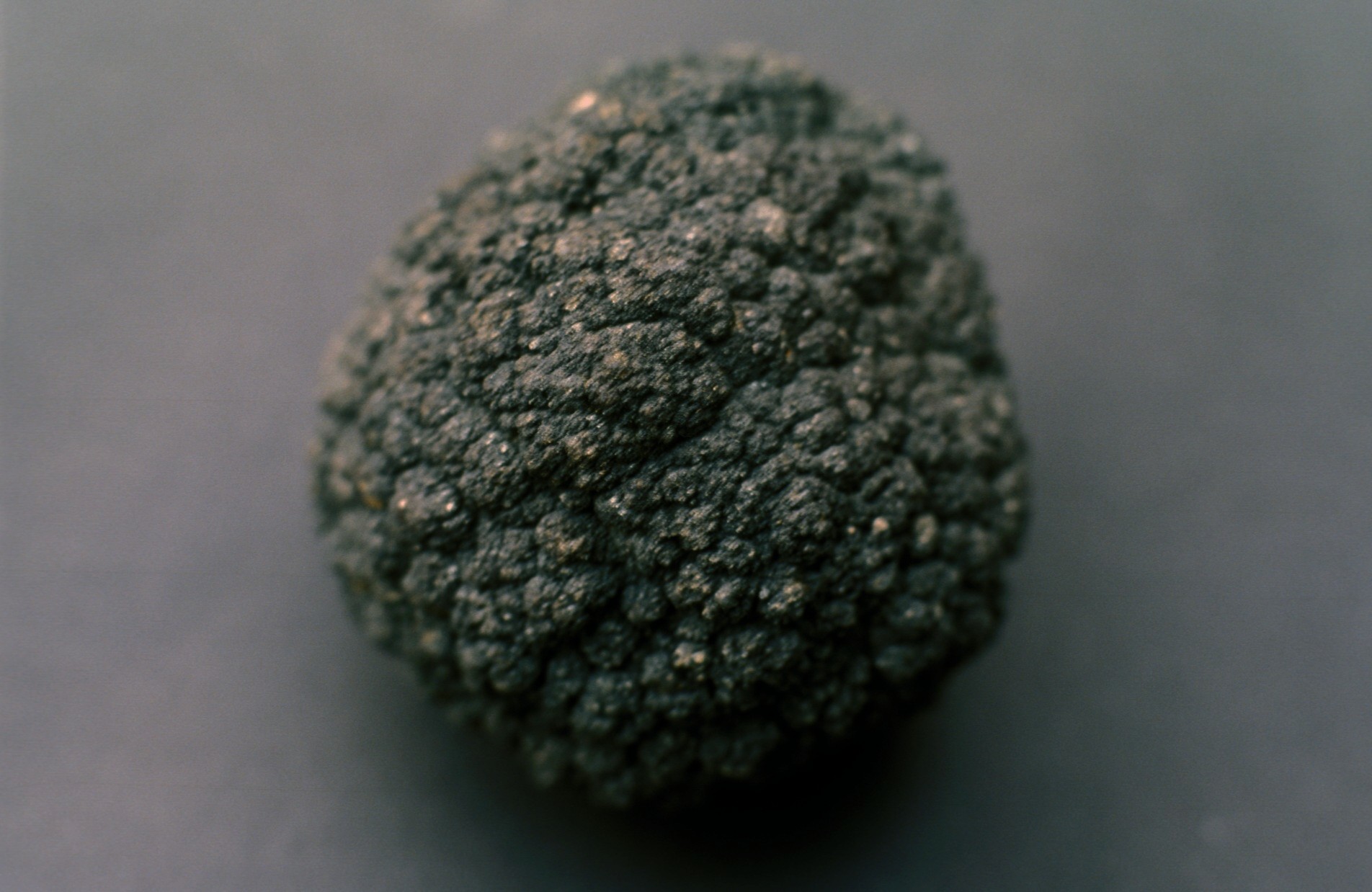 A contingent of European researchers use MITgcm to predict how sediments kicked up by seafloor mining disperse.
A contingent of European researchers use MITgcm to predict how sediments kicked up by seafloor mining disperse.
Life in Hot Water
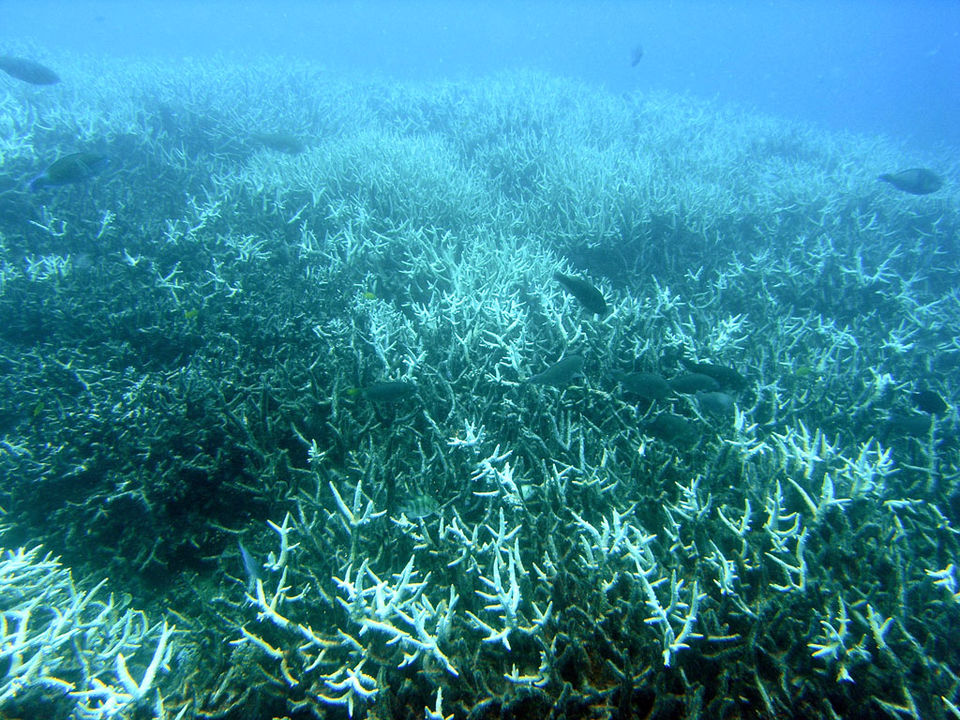
Researchers at the University of Hawai’i, Manoa, and the Coral Reef Research Foundation, Palau use ECCO state estimates in their study of how western tropical Pacific temperature conditions impact coral bleaching.
Assimilating Antarctic Sea-ice Thickness Data
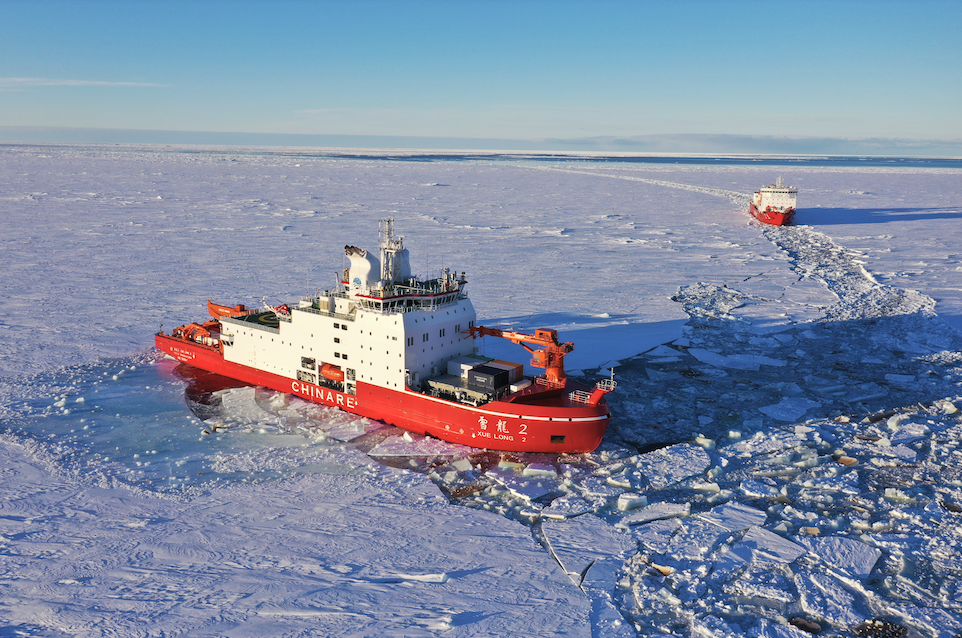
A team, bringing together researchers from China, Europe, and the US, use MITgcm to develop a new data assimilation system for the Southern Ocean with the aim of improving sea-ice thickness estimates in the region.
A Big Enough Flood
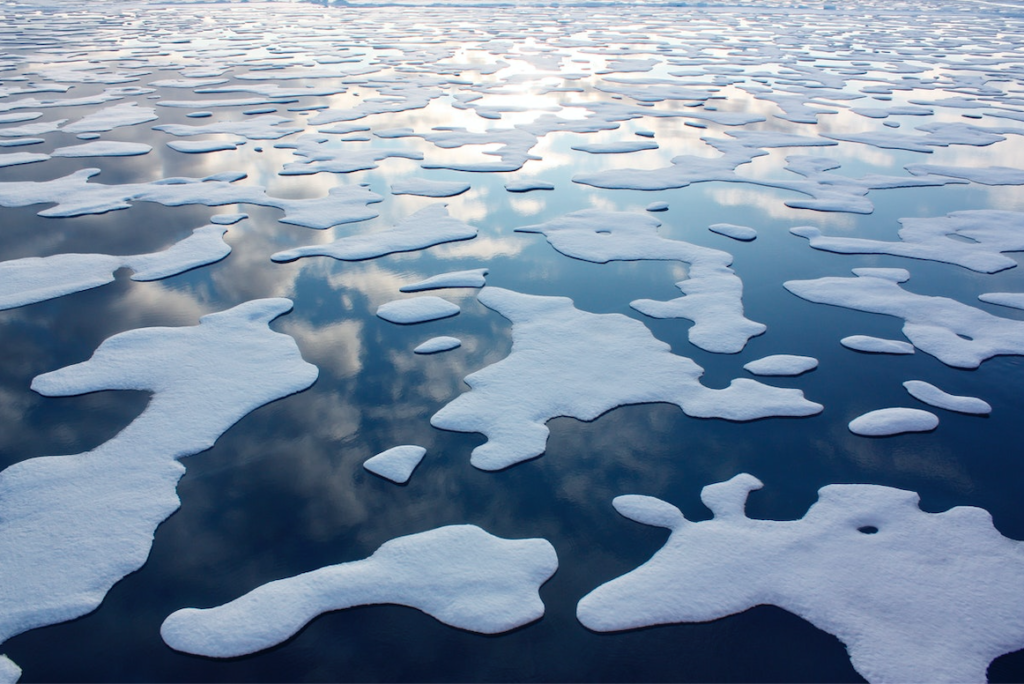 Geologists from WHOI and UMass have been using MITgcm to probe whether melting arctic sea-ice could have slowed the AMOC enough to precipitate the Younger Dryas.
Geologists from WHOI and UMass have been using MITgcm to probe whether melting arctic sea-ice could have slowed the AMOC enough to precipitate the Younger Dryas.
Med Modeling
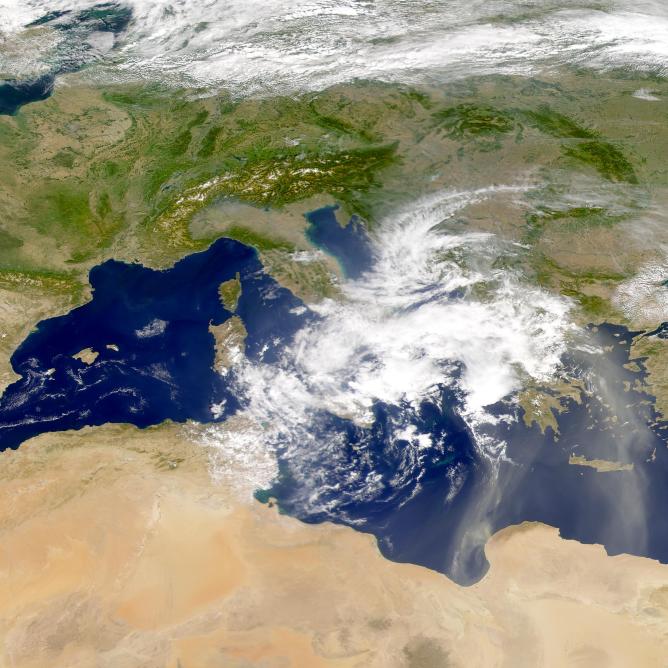 A team of Italian climate modelers has been evaluating the performance of a new version of the Regional Earth System Model (RegCM-ES) over the Mediterranean region. The model uses MITgcm for its ocean component.
A team of Italian climate modelers has been evaluating the performance of a new version of the Regional Earth System Model (RegCM-ES) over the Mediterranean region. The model uses MITgcm for its ocean component.
Lake MITgcm
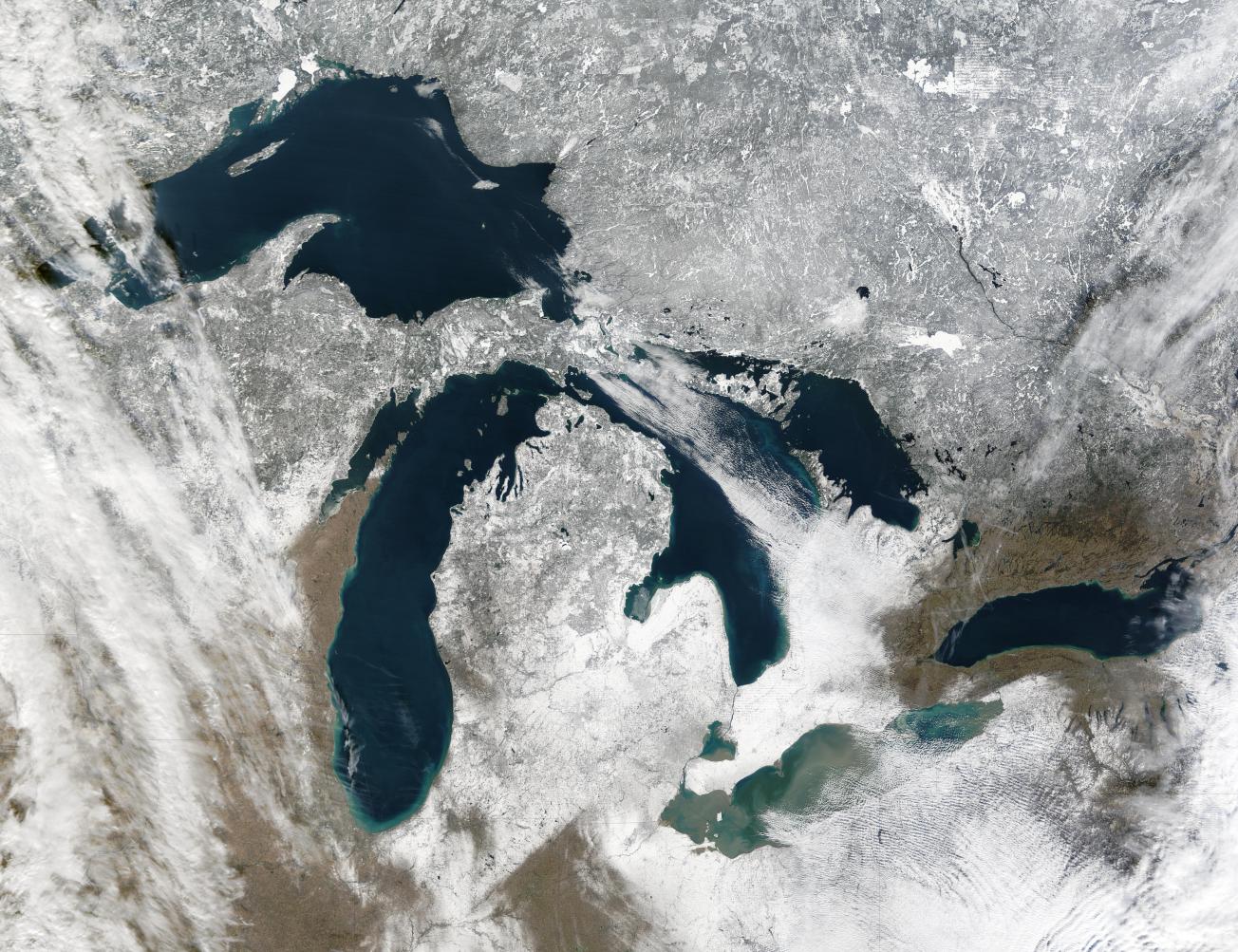 Researchers use MITgcm to demonstrate how hydrodynamic processes in lakes can intensify the potential impact of watershed pollutants on coastal ecosystems.
Researchers use MITgcm to demonstrate how hydrodynamic processes in lakes can intensify the potential impact of watershed pollutants on coastal ecosystems.
